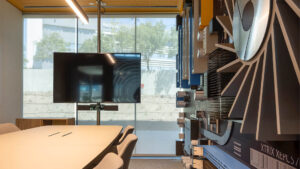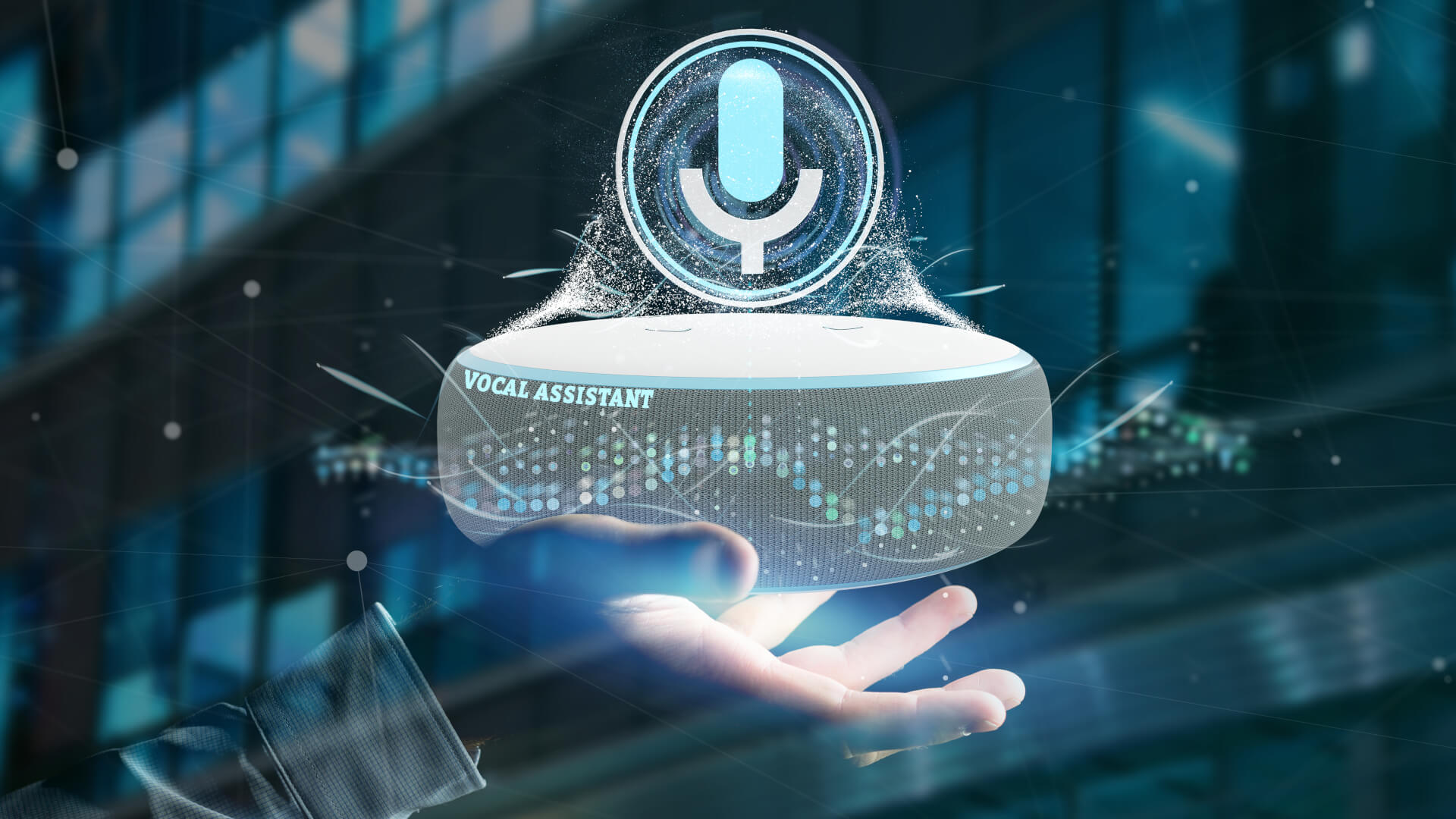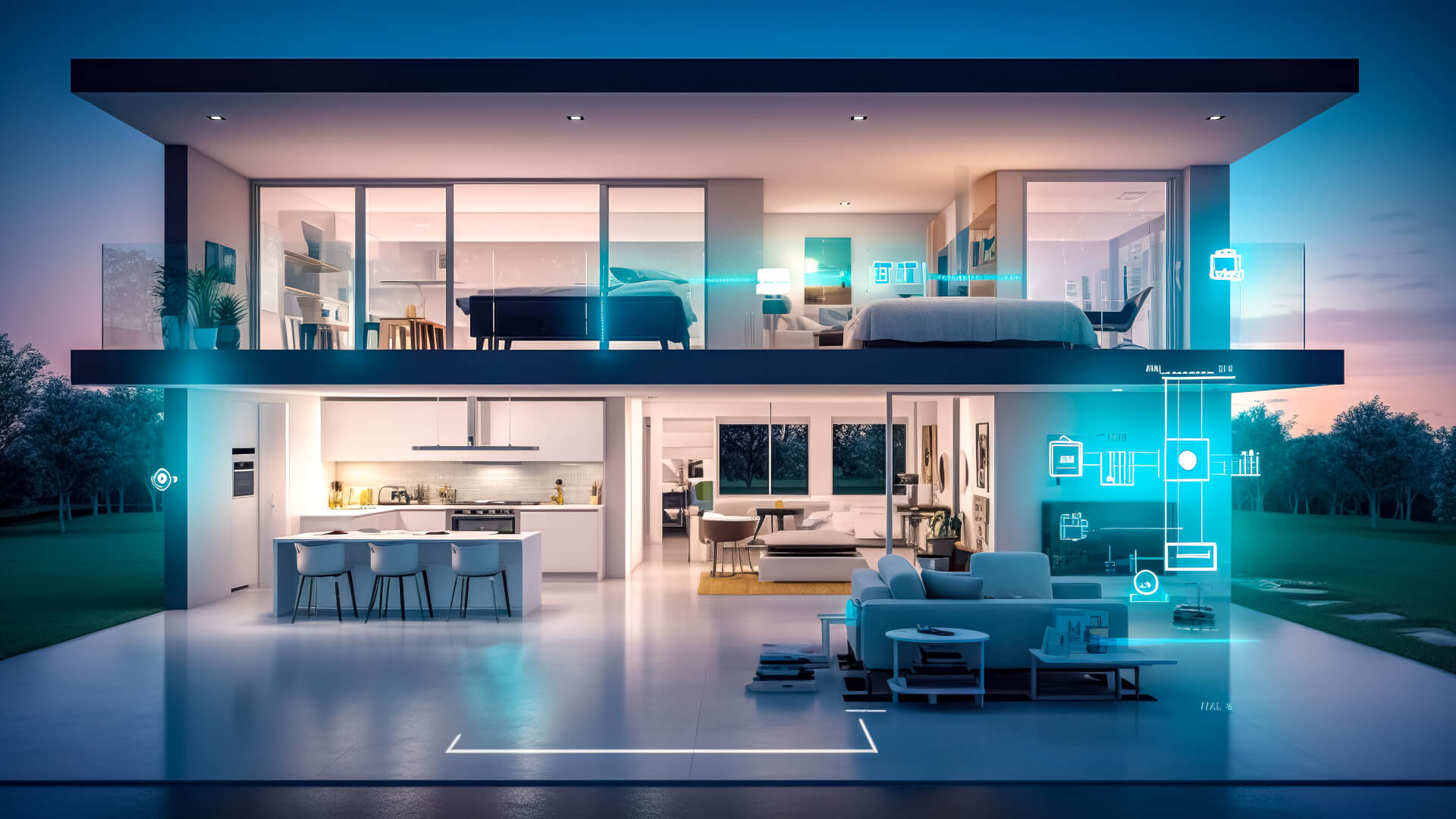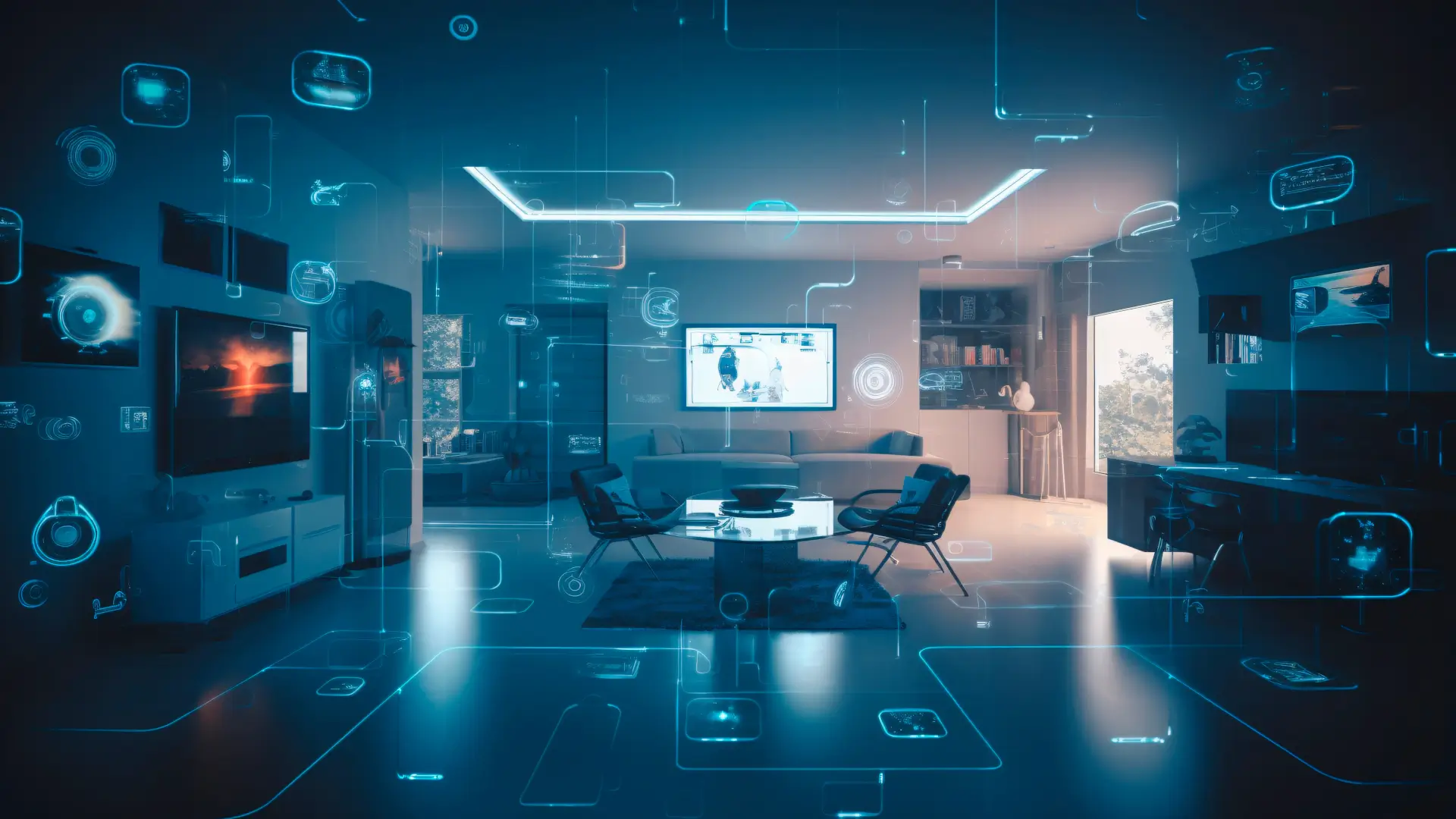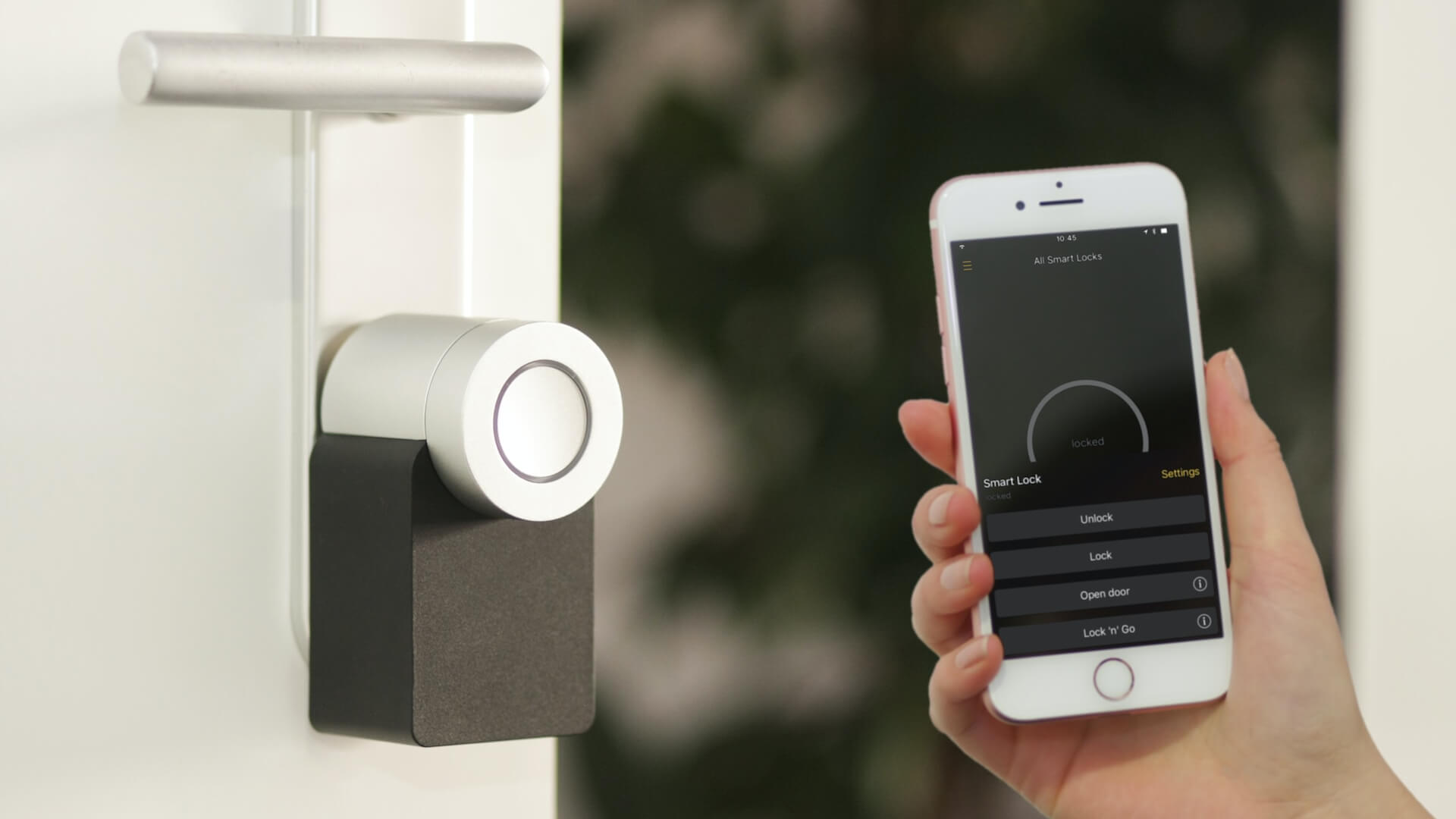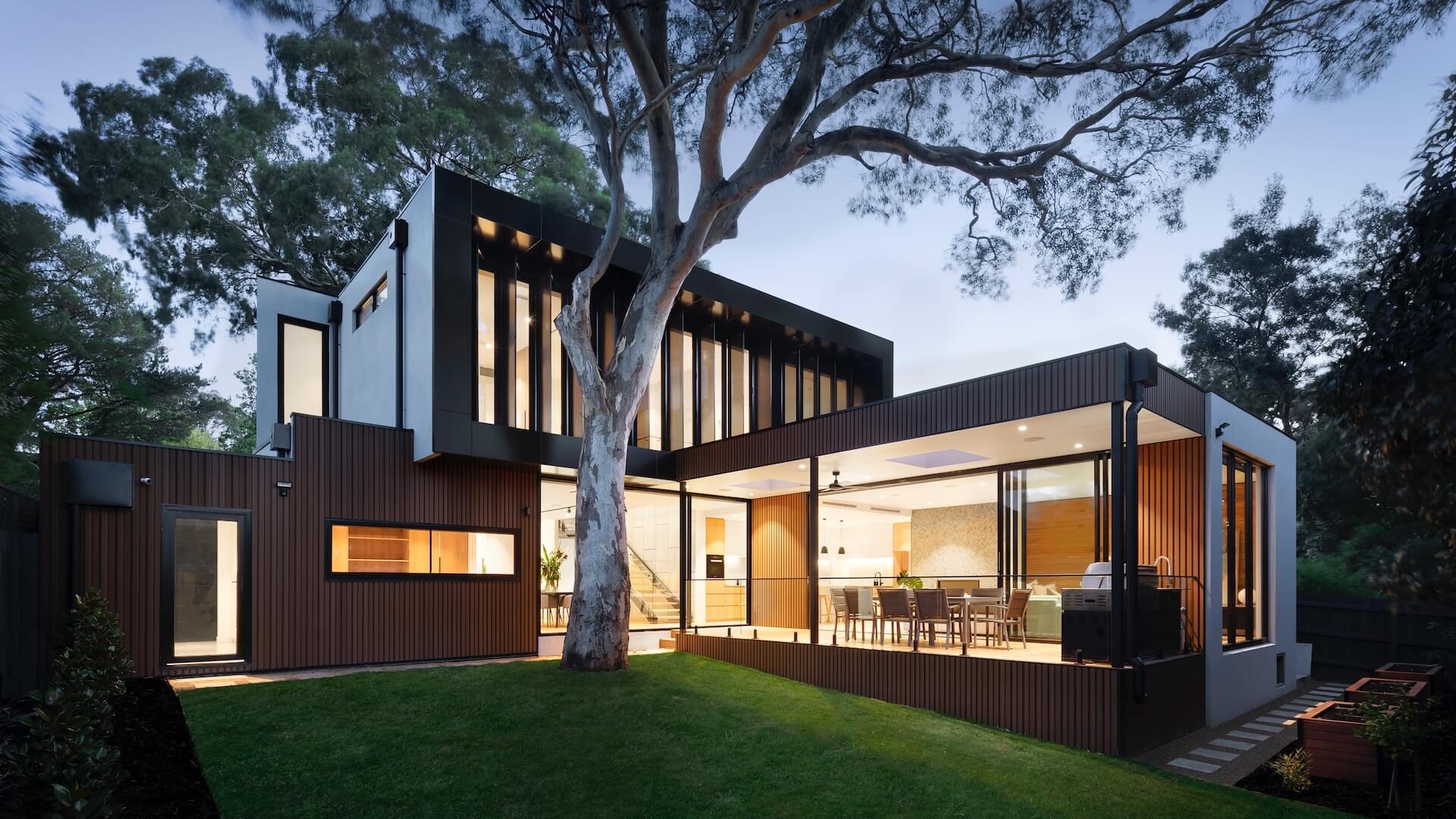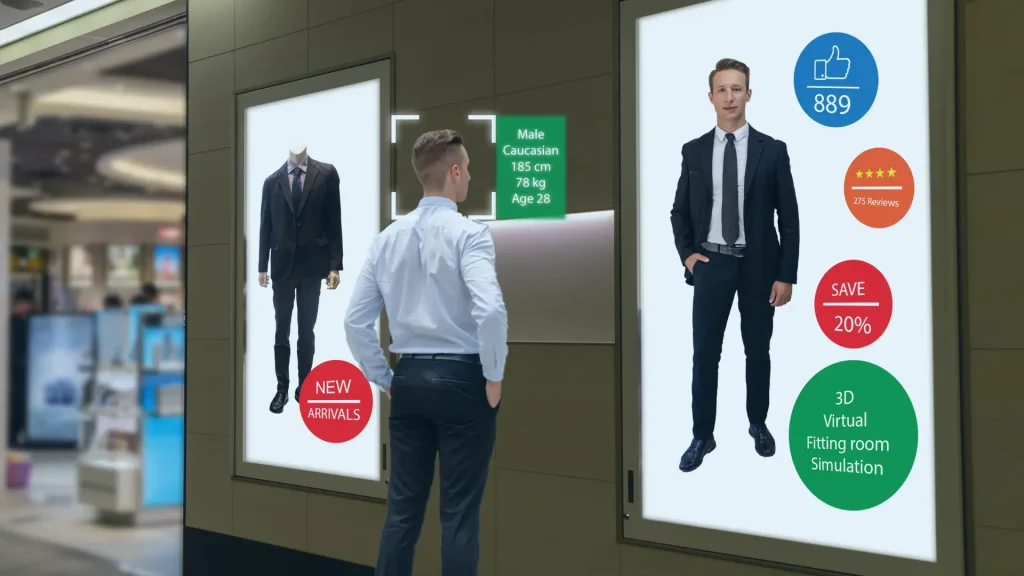In a world increasingly characterised by technology, the concept of the smart home opens up new horizons for people of all ages.
Smart Homes for senior citizens; the integration of intelligent technologies can not only make everyday life easier, but also provide a sense of independence and security in old age.
Old age often brings challenges, be it physical limitations or the need to feel safe in a home environment. Smart Home systems offer innovative solutions to meet these needs. Here are some ways these technologies can improve the lives of seniors:
Monitoring and security
Smart Home Security Systems go beyond conventional door locks and alarm systems. They offer surveillance cameras, door and window sensors and motion detectors that allow seniors to monitor their home in real time. Notifications on the smartphone make it possible to react immediately to potential dangers or unusual activities.
These monitoring systems can also help to respond to unforeseen events such as falls or health problems. An intelligent alarm can automatically make an emergency call or notify family members if an unusual situation is detected.
Health monitoring
Innovative sensors and devices in the smart home can monitor health and thus enable early intervention. From smart pill dispensers that remind people to take their medication to sensors that monitor vital signs such as blood pressure or heart rate, these technologies offer an additional safety net for older people.
Another advantage is that this data can also be shared with healthcare providers or family members to ensure a better and faster response in an emergency.
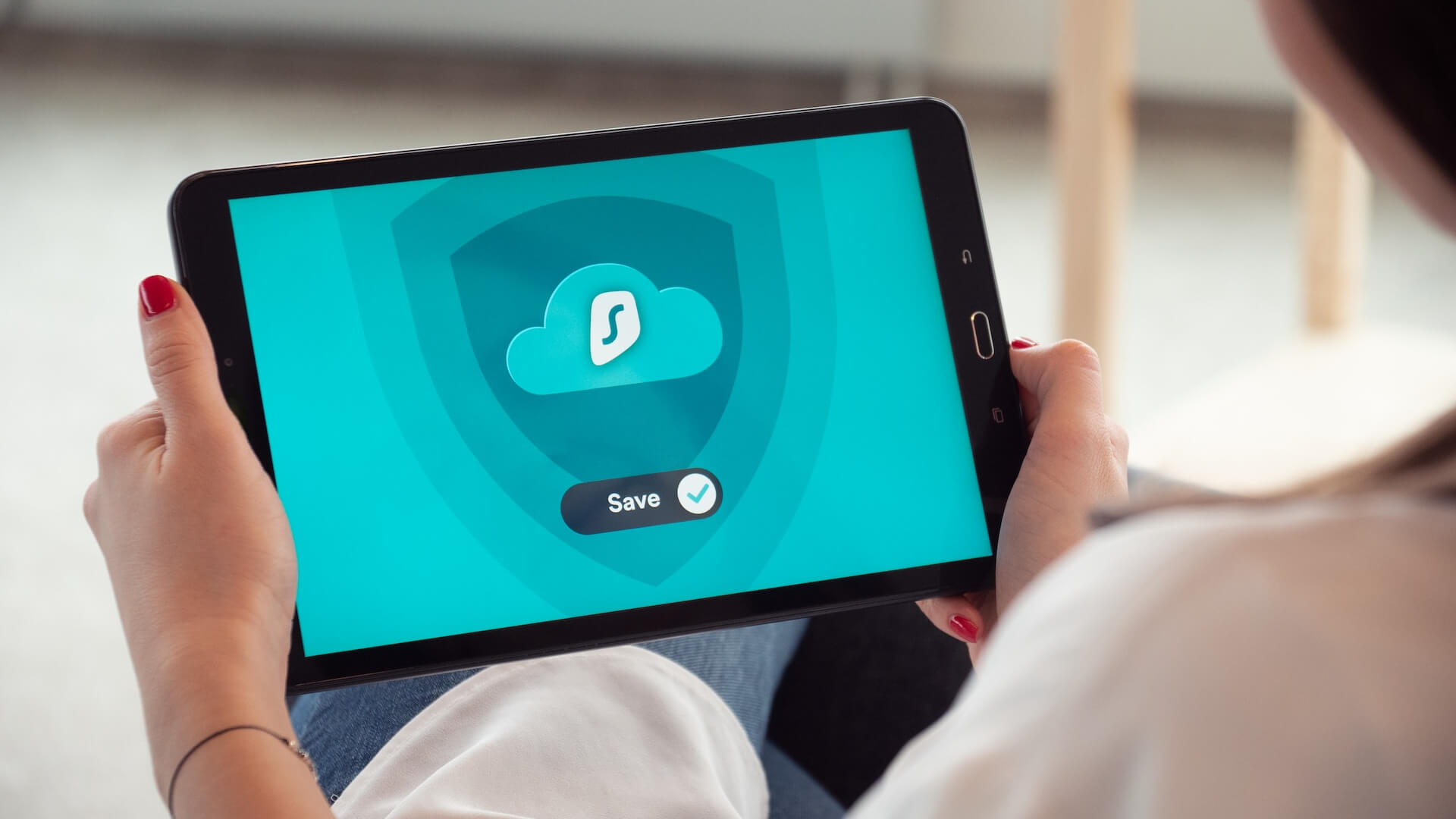
Automation and comfort
Automating routine tasks can relieve the burden on senior citizens and promote their independence. From intelligent lighting systems that adapt to prevent falls to thermostats that automatically adjust to needs, smart homes offer convenience and safety at the same time.
Voice-controlled assistance systems such as Amazon Echo or Google Home also allow seniors to control devices in the home simply with their voice, which can be particularly helpful if they have mobility problems or have difficulty operating switches or remote controls.

Communication and social networking
Smart Home Systems enable seamless communication. Video telephony, voice assistants and easy-to-use devices promote connections with family members and friends, increasing the feeling of social connectedness and support.
In addition, Smart Home devices can be specially designed for senior citizens and offer larger control elements or specific functions that are tailored to the needs of older people. This makes them easier to use and increases the acceptance of these technologies.
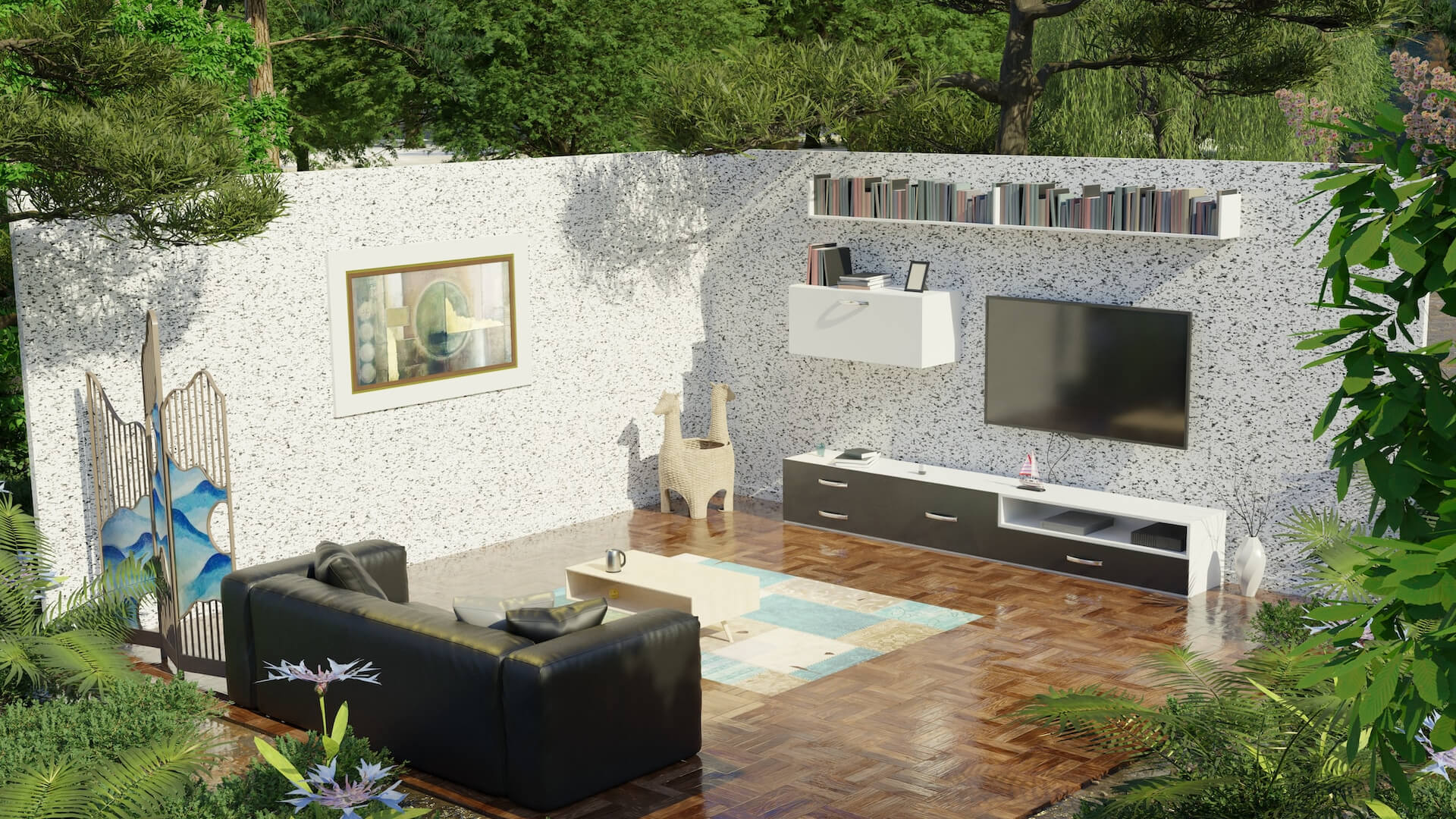
Adaptability and future prospects
The continuous development of smart home technologies specifically takes into account the needs of older people. The increasing adaptability and user-friendliness of these systems promise a promising future in which senior citizens can lead a more independent and safer life.
In today’s society, the integration of Smart Home Technologies for seniors is a way to promote independence, safety and quality of life. It is an investment in a future in which older people can lead a fulfilling, safe and autonomous life.


